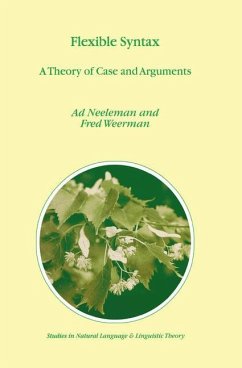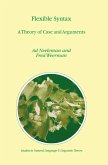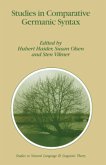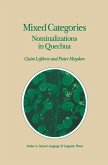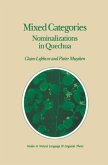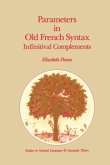Most linguistic theories assume that each grammatical relation is established in a unique structural configuration. Neeleman and Weerman take issue with this view, arguing for a more flexible approach on the basis of conceptual considerations and data taken mostly, but not exclusively, from the Germanic languages. In-depth analyses of word order phenomena as well as diachronic and typological generalizations motivate a re-evaluation of the role of case in the projection of arguments. Case is shown to provide a syntactic foothold for thematic interpretation, something which is necessary in a grammar that does not allow fixed theta-positions. Thus, this study does not only offer a genuine alternative to many standard assumptions, it also explains why there should be such a thing as case in natural language.
Hinweis: Dieser Artikel kann nur an eine deutsche Lieferadresse ausgeliefert werden.
Hinweis: Dieser Artikel kann nur an eine deutsche Lieferadresse ausgeliefert werden.
`This book presents very innovative and original ideas, and an impressive variety of data and problems to be accounted for.'
Alex Alsina
`I enjoyed the book a lot and found it very stimulating. In my opinion, it is a very good piece of work.'
Denis Bouchard
Alex Alsina
`I enjoyed the book a lot and found it very stimulating. In my opinion, it is a very good piece of work.'
Denis Bouchard
'This book presents very innovative and original ideas, and an impressive variety of data and problems to be accounted for.' -- Alex Alsina
'I enjoyed the book a lot and found it very stimulating. In my opinion, it is a very good piece of work.' -- Denis Bouchard
'I enjoyed the book a lot and found it very stimulating. In my opinion, it is a very good piece of work.' -- Denis Bouchard

